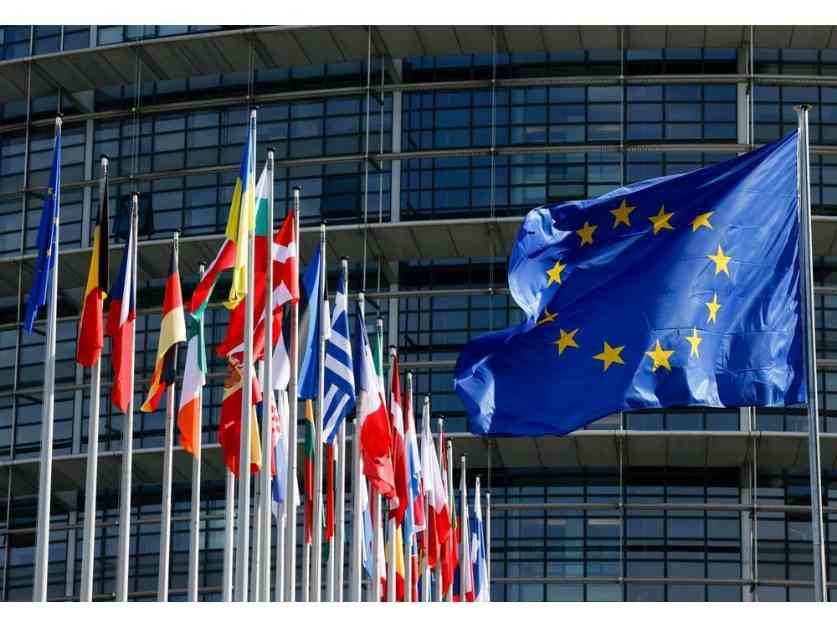The European Union has decided to impose stricter fiscal regulations on the Netherlands in order to force the country to limit its spending more aggressively. This decision comes after the Netherlands ignored recommendations from the EU’s executive arm regarding its budget balancing efforts.
The government in the Hague submitted a medium-term plan for the next four years that exceeded the trajectory provided by the European Commission last June. As a result, the EU executive arm will now enforce this trajectory as compulsory for the Netherlands to follow.
The commission recently approved most of the region’s 2025 budgets and medium-term plans submitted by EU member states under the bloc’s new fiscal regulation. These rules give national governments more flexibility in determining their adjustment path to reduce deficit and debt levels, which are set at 3% and 60% of GDP, respectively.
The Netherlands proposed an average 4.2% net expenditure growth per year over its four-year plan, compared to the reference trajectory of 3.2% issued by the commission. This led to the commission finding the Dutch budget for next year in breach of its recommendations.
Following discussions between the Hague and Brussels, the commission has proposed that the Dutch government adhere to the expenditure ceiling recommended in June. This recommendation will need to be confirmed by the Council, which consists of member states, in the coming weeks.
France’s budget for next year was found to align with Brussels’ recommendations, but the timeline to reduce its public debt was extended from four to seven years. This adjustment was made due to the worsened starting position of France’s deficit, which is now projected to be above 6% of GDP.
In the case of Germany, the commission is in talks with the country’s new finance minister, Joerg Kukies, who is expected to request an extension for the submission of fiscal plans due to snap elections scheduled for February 23.
Overall, the commission recommends that euro-area economies continue to reduce debt levels accumulated during the Covid pandemic and energy crisis. Despite the need for tight budgets, the EU faces significant investment needs amounting to €800 billion. The commission believes that national governments can maintain public investments with the help of funds from the EU post-pandemic recovery fund.






















